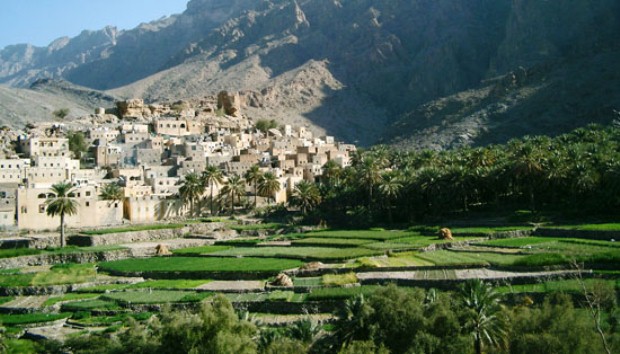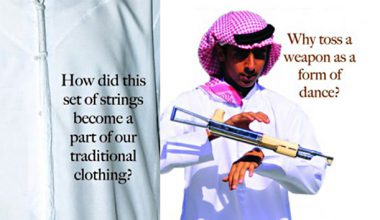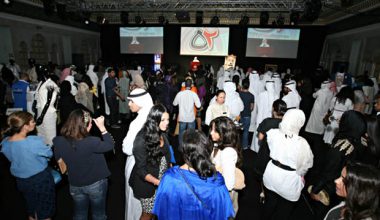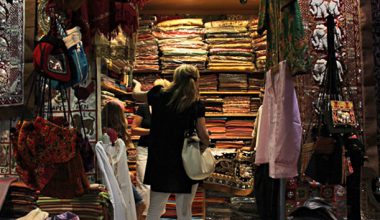It means much more than just a random plot of land. Read more…
Currently an incredibly small percentage of Omani land is owned by women, but this is set to change very soon. In November of 2008, Sultan Qaboos issued a royal decree directing the Ministry of Housing to include women in government land grants which have been awarded only to men over the past 40 years.
On March 30th the first batch of women earned random plots in the government’s weekly draw. Due to the many limitations on women’s freedom and the discrimination they face, woman’s access to this land can help to close the gender gap between Omani women and men.

Oman has in many ways been one step ahead of neighboring countries when it comes to women’s rights. Beginning in the 1970s women’s education has been aggressively promoted; in 1994 it was the first Gulf country to give women the right to vote and permission to run for office in the Consultative Council (Majlis A’Shura) and the chance to be appointed in the State Council (Majlis A’Dawla). It also grants women an array of political and civil rights unheard of in many developing countries.
However, though they may be seen as somewhat ahead of their Gulf counterparts, women in the Sultanate still face obstacles at the state level and within the cultural realm. These conditions are many, and impede a woman’s right to control her personal affairs and gain her rightful independence.
While women have had the right to own land for decades, only 0.4% of land in 2002 was owned by women. Government officials are known to make land acquisition procedures for women difficult, preferring to deal with their male relatives. The Personal Status Law, which deals with issues such as marriage, divorce, inheritance and child custody, is extremely biased towards men and can leave women without a home and with less capability to provide for her children post-divorce.
It also means that women are vulnerable to threats of losing their home and husbands can thus force unfair obedience upon them. Where her case should be treated with justice, courts that settle marital and other disputes are well-known to favor men. Additionally, many patriarchal social practices make it difficult for women to gain financial independence; they then tend to have little say in familial matters and quite often in their own personal decisions as well.
Women are not yet poised to change discriminatory laws; very few female lawyers exist in the Sultanate, men dominate policy-making and women’s rights NGOs are banned. In these circumstances, access to land grants may seem a small gesture, but in fact it holds an abundance of potential for women to move closer to equality.
The land grants open doors for women on various fronts; government officials will no longer be able to indirectly bar women from land access, and the grants will allow women to acquire land outside of inheritance and without familial interference. Moreover, land for women quite simply translates into economic independence, which in turn gives women autonomy and immunity. Women can use this land to build homes for themselves or create an income generating value.
Some women have discussed building apartments to rent, or selling the land to invest. Whichever route they chose – when chosen wisely, of course – women can use their money, property or land to contribute financially at home and increase their participation in the market. Economic independence from her husband, father or brother becomes a source of decision making power for the woman, housing security, protection from threats and altogether more control over her own life.
It is widespread throughout developing countries that a woman’s only access to land is through her male relatives. Oman, by offering women land at a very low mortgage interest rate, has taken a step further toward not only equality but also its own national development. Three hundred land plots have already been distributed to women, with hundreds more to come. Omani women may not quite know it yet, but they are being handed much more than just a random plot of land.
– Samyah Alfori







